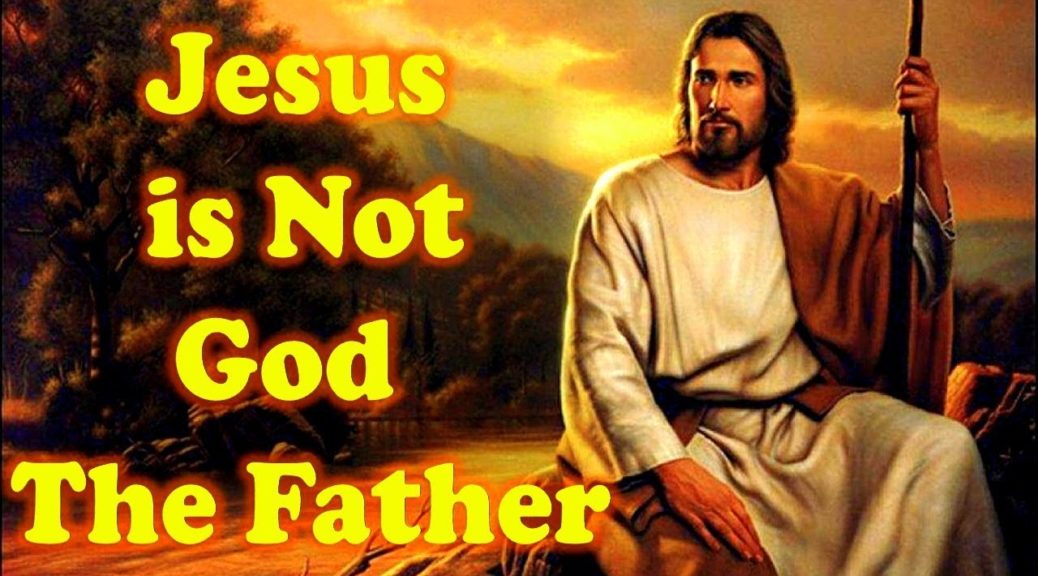The Hebrew people recorded public genealogical records that document history, establish identity, and/or legitimate office. Family tradition, marriage, links to the past, inheritance and property rights were all important to them, as they are to people today (
Deuteronomy 25:5-10;
1 Chronicles 1-9;
Ezra 10:18-43). The key to legitimacy and identity is a direct irrefutable familial tie with the past. These lists may go backward in time (
1 Chronicles 6:31-33;
Ezra 7:1-5;
Luke 3:23-38), or forward in time (
Genesis 5:1-32; 11:10-32;
Ruth 4:18-23;
Matthew 1:1-17). These two types of genealogies can be combined, as they are in
Matthew 1:1-17. Additionally, genealogical rolls may either contain a simple succession of names or may be supplemented with expansive content pertaining to the activities of certain prominent individuals on the list.
Genealogies are prominent in both the early and late history of the Hebrews, and others. In the book of Genesis there are ten primary genealogical lists. One important thing is that these document the line leading to the Messiah, although Genesis itself does not tip the reader off to this purpose. For historical purposes, the lineagies of non-Yahweh worshippers, such as Cain (Genesis 4:17-26), Ishmael (Genesis 25:12-18), and Esau (Genesis 36) are also documented.
Genealogies were very important credentials to the Hebrew people. Abraham’s descendants through Isaac and Jacob were promised special blessings from Almighty God, which were guaranteed if they obeyed the conditions of God’s covenant with them (Genesis 12:1-3; Exodus 19:3-8; Deuteronomy 11:22-28). However, if they could not prove they had descended from Abraham, they were not considered true Jews and were excluded from full participation in Jewish community life. So, a lost genealogy put one’s status as a Jew at risk. In addition, some privileges were restricted to members of certain tribes. For example, only dependents of Levi (Abraham’s great-grandson) could serve at the Temple. All this is well illustrated in the case of some returnees from the Babylonian exile, who could not prove their descent because “they searched for their names in the genealogical records, but they were not found, so they were disqualified” (Ezra 2:59-63 NLT).
The most important genealogies in the Bible are the ones that lead to the Messiah, who proved to be Jesus of Nazareth, and would be born in the line of Abraham (Genesis 5:1-32; 11:10-32; Ruth 4:18-23; Matthew 1:1-17; Luke 3:23-38). This fulfilled Bible prophecy (Genesis 12:1-3; 49:10; 2 Samuel 7:12-16).
Do we today need to be concerned about our genealogy? No! If someone wants to check their (or someone else’s) genealogical ancestry, there is nothing wrong with that. But being obsessed with it, or making it a matter of faith, goes against Biblical counsel. Notice:
“Command certain people not to teach false doctrines any longer or to devote themselves to myths and endless genealogies. Such things promote controversial speculations rather than advancing God’s work — which is by faith”—1 =&0=&
“But avoid foolish controversies and genealogies and arguments and quarrels about the law, =&1=&
